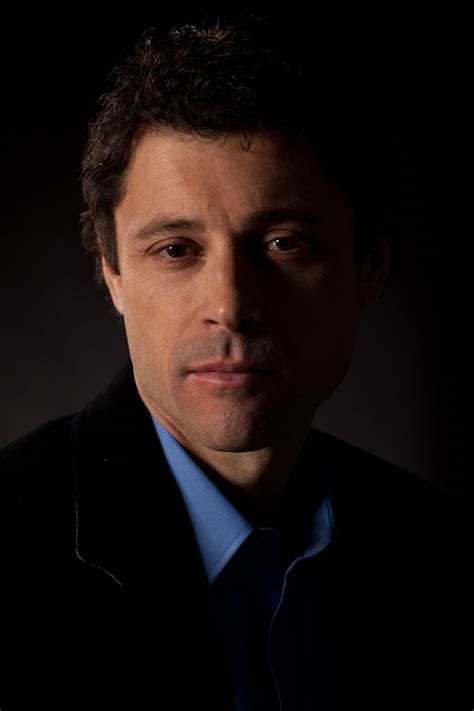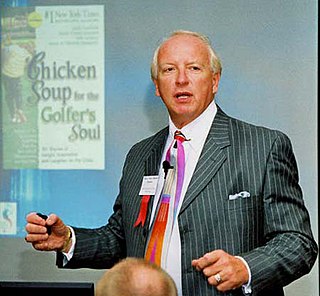A Quote by Steven Morrissey
[Sigmund Freud] just made people feel so neurotic about their lives. I mean, if you dreamt about a lampshade, it meant you wanted to be whipped by the local vicar or something.
Related Quotes
It's an essay that Sigmund Freud wrote about E.T.A. Hoffman's short story called "The Sandman" where someone mistakes an inanimate object for a living, breathing human being. And one of the things that Sigmund Freud really felt was that in modern life people assign qualities to objects around them that may not exist there whatsoever.
Often, I dream about work. For instance, the night before the Oscars, I dreamt about the Oscars and I dreamt about who I wanted to interview. Interestingly, one of the people I really wanted to interview was Keanu Reeves, and then we got him. We had never interviewed him before, so that was lucky. Or maybe it was fate - I don't know.
We haven't developed a progressive vocabulary. We say something is "public," but we just mean it's viewable online. Or we say it's "open," but we just mean it's accessible. I would like for us to think about terms critically and maybe change our vocabulary a bit. What if pubic actually meant publicly-funded, or social meant socialized.
There's the ambiguity of human relationships, for instance. A relationship between two people, just like a sequence of words, is ambiguous if it is open to different interpretations. And if two people do have differing views about their relationship - I don't just mean about its state, I mean about its very nature - then that difference can affect the entire course of their lives.
How many people can you claim truly care about you? I mean, not just the people in your life who are fun to hang out with, not just the people who you love and trust. But people who feel good when you are happy and successful, feel bad when you are hurt or going through a hard time, people who would walk away from their lives for a little while to help you with yours?
I don't really wanna think about themes. I wanna just think about the experience of the movie. I feel like, as soon as I reduce it to a theme, once I write that sentence, it won't be that great. I feel like there's more potential for it to mean something interesting if I'm not forcing it to mean something I've already decided.
I could never write about the sort of people John Cheever or John Updike or even Margaret Atwood write about. I don't mean I couldn't write as well as they do, which of course I couldn't; they're great writers, and I'm no writer at all. But I couldn't even write badly about normal, neurotic people. I don't know that world from the inside. That's just not my orientation.



































